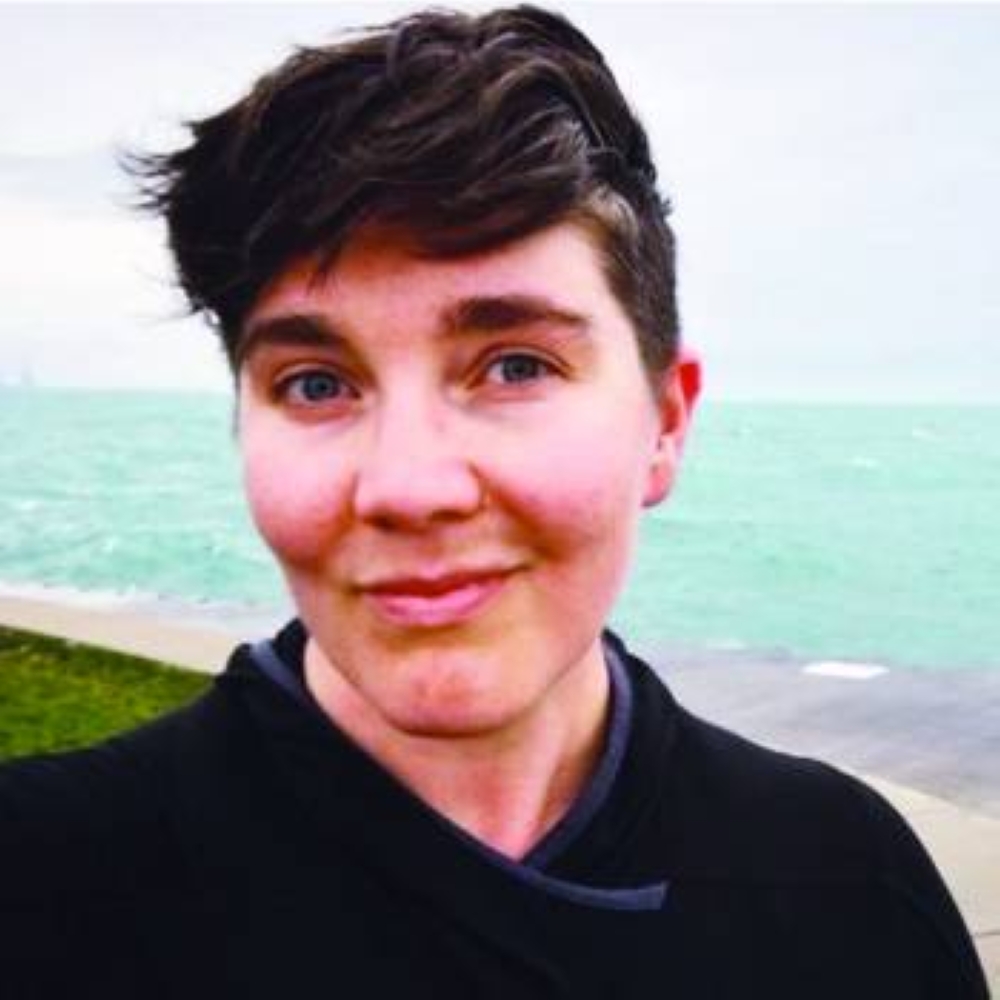Dr Trish Kahle, an assistant professor at Georgetown University in Qatar (GU-Q), recently concluded a six-month National Endowment for the Humanities (NEH) fellowship conducting archival research at a leading affiliate of the Smithsonian Institution, the Hagley Museum and Library.
Her investigation into the human stories behind power system development in the US is resulting in important contributions to the body of knowledge on energy and society.
Energy humanities, an emerging field that examines the intersections of energy, culture, society, and the environment, is at the heart of Dr Kahle's research, which illuminates the intricate connections between energy choices, consumption patterns, and broader social implications.
By highlighting people whose contributions to energy systems have been overlooked, Dr Kahle’s soon-to-be published findings will spark fresh dialogue and debate on the role of energy on human development and for a sustainable future.
"Energy systems reflect choices,” explained Dr Kahle, “so while certain patterns of development can appear ‘locked in,’ I think it is important to understand our agency in the energy system's past and reclaim our role in shaping its future.”
Dr Kahle explores this concept in a forthcoming article appearing in the academic journal Labour: Studies in Working-Class History. The article, which was developed through research at the Hagley Museum and Library archives, uncovers how energy conservation initiatives in the 1970s shaped labor and gender roles, pushing women to substitute their own labor to conserve the energy of their home appliances.
“Most histories of electricity in the US are histories of inventors, engineers, and managers. But hundreds of thousands of ordinary people have worked on the country's grid, and shaped what it looks like,” said Dr Kahle. “I think by learning to see the grid's human history, which we have often unconsciously learned to overlook, we can have a more grounded conversation about what it would take to overhaul our electric power system, to organise it with justice in mind.”

Dr Trish Kahle
